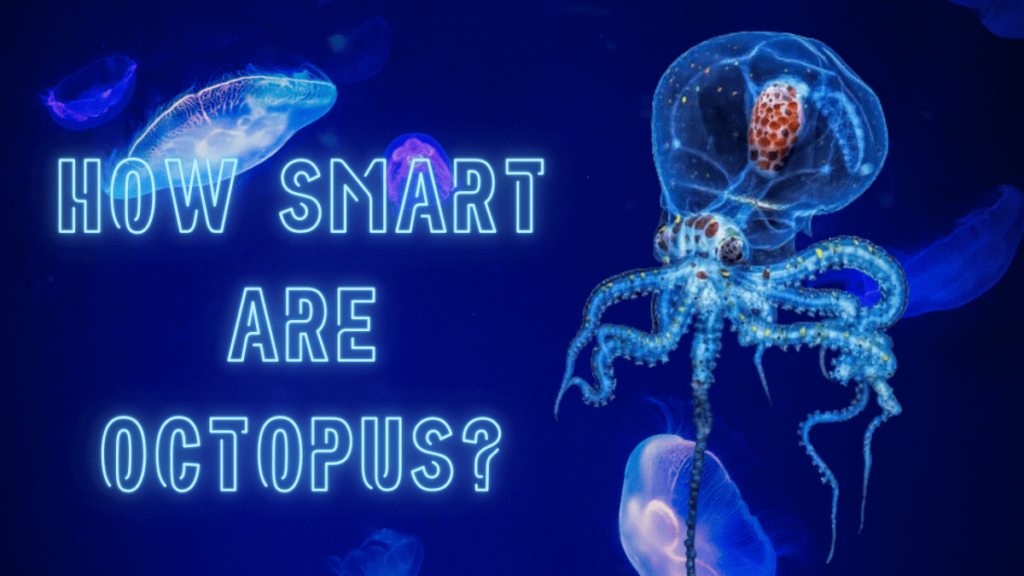Elephants are not only the largest land animals on Earth but also among the most intelligent. They are one of the Top 5 Smartest Animals in the World. Known for their extraordinary cognitive abilities, these gentle giants possess remarkable long-term memory, which plays a crucial role in their survival and social structure. The elephant brain is exceptionally large and complex, allowing them to store vast amounts of information over their lifetime.
From remembering distant water sources to recalling paths taken years before, elephant memory is a key factor in their navigation skills. This powerful memory is not just about survival—it’s deeply intertwined with their emotional and social behaviors, making elephants truly unique in the animal kingdom.
Put your knowledge to the test! Take the quiz at the end of this article and discover just how much you know about the incredible memory and intelligence of elephants.
Curious Fact: How Long is an Elephant’s Gestation Period?
Elephants have the longest gestation period of any land animal, lasting about 22 months!
Do You Know? How Far Can Elephants Hear?
Elephants can hear sounds from up to 5 miles (8 kilometers) away, thanks to their sensitive ears!
Elephant Information Table:
| Common Name | Elephant |
| Scientific Name | Loxodonta africana (African Elephant) Elephas maximus (Asian Elephant) |
| Family Name | Elephantidae |
| Type | Mammal |
| Size | – Head and Body Length: 2.5 to 4 meters (8 to 13 feet) – Tail Length: 1.2 to 1.5 meters (4 to 5 feet) |
| Weight | – African Elephant: 3,000 to 6,000 kg (6,600 to 13,200 lbs) – Asian Elephant: 2,000 to 5,000 kg (4,400 to 11,000 lbs) |
| Size Relative to a 6-Ft Human | Approximately 4 to 6 times larger in height and length |
| Diet | Herbivore – Mainly grasses, fruits, leaves, and bark |
| Average Lifespan in the Wild | 60 to 70 years |
| Habitat | – African Elephant: Savannas, forests, and deserts in Africa – Asian Elephant: Forests, grasslands, and swamps in Asia |
| Group Name | Herd |
| Found In | – African Elephant: Sub-Saharan Africa – Asian Elephant: South and Southeast Asia |
| Conservation Status | – African Elephant: Vulnerable – Asian Elephant: Endangered |
The Elephant Brain: A Key to Memory
Elephant Brain Size and Structure
The elephant brain is one of the largest in the animal kingdom, weighing an impressive 4.5 to 5.5 kg (10-12 lbs). This massive size is essential for managing their complex cognitive functions, particularly their memory.
Despite their size, elephants have a highly folded cerebral cortex, which is associated with higher-order brain functions such as awareness, reasoning, and of course, memory. The elephant brain size plays a vital role in their ability to retain and recall information, making them capable of extraordinary feats of memory over long periods.
How the Elephant Brain Powers Memory
The hippocampus, the brain region responsible for processing memories, is highly developed in elephants. This allows them to retain detailed memories over many years. The large size of their brain means elephants can recall past experiences and use that information for future decision-making.
For example, older matriarchs in elephant herds often remember specific locations where water can be found, even during droughts. This long-term memory not only enhances their ability to navigate large distances but also helps in social bonding and survival strategies.

Elephant Memory
Elephants’ Long-term Memory
Elephants are known for their exceptional long-term memory. They can remember specific individuals, paths, and even dangers for many years. One fascinating example is how elephants can recall migration routes that span hundreds of kilometers and haven’t been used in years.
This ability ensures their survival during seasonal migrations, as they often return to locations with vital resources, like water and food, despite not having visited those areas for decades.
The Memory of an Elephant in Social Interactions
Elephants also rely heavily on memory when it comes to social relationships. They can remember individual members of their herd, even after long separations, and show recognition of former companions.
For instance, elephants are known to form deep emotional bonds and can remember the faces of family members and friends even after years apart. Their memory plays a crucial role in maintaining the structure of their social groups, where matriarchs pass down important survival information to younger members, including the best migratory routes and safe locations.
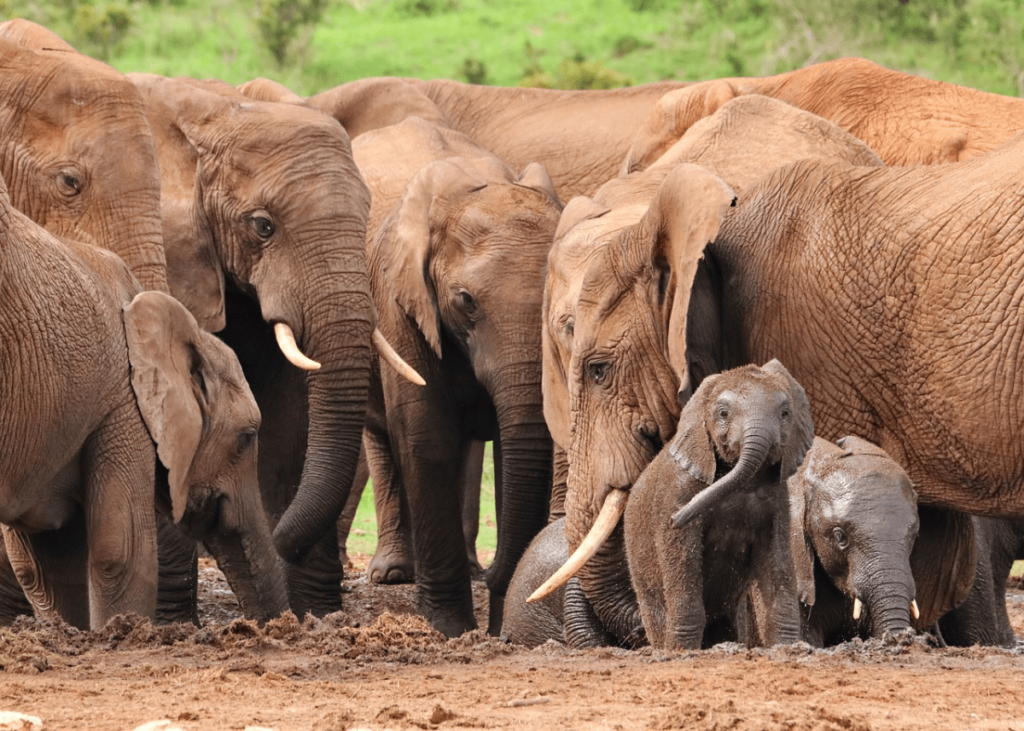
Elephant Intelligence and Cognitive Abilities
Are Elephants Intelligent?
Elephants are widely regarded as one of the most intelligent animals on the planet. Numerous studies have revealed their advanced problem-solving skills, emotional intelligence, and self-awareness. For example, elephants have been observed using tools, such as sticks, to scratch themselves or using leaves to fan away flies.
Elephants live around 60-70 years, which makes them one of the Longest Living Animals in this world.
They also display remarkable empathy, mourning their dead and even trying to comfort distressed companions. Research into elephant intelligence highlights their capacity for complex decision-making and social interaction. Some studies even suggest that elephants can recognize themselves in mirrors, a trait only a handful of species possess, indicating a high level of self-awareness.
Elephants’ Intelligence Compared to Other Animals
When comparing elephants’ intelligence to other animals, they rank among the highest, alongside primates, dolphins, and certain bird species like crows. The large and complex structure of the elephant brain contributes to their exceptional cognitive abilities, particularly in memory and problem-solving.
While animals like chimpanzees are known for using tools and social collaboration, elephants exhibit a unique blend of emotional intelligence, memory, and social learning that sets them apart. Unlike many animals, elephants’ intelligence isn’t just used for immediate survival but also for building complex social networks and maintaining long-term relationships.

Elephant Memory and Survival
Elephants’ Memory of Migration Routes
Elephants rely on their profound memory for survival, particularly when navigating vast landscapes during seasonal migrations. Herds led by older matriarchs are able to recall precise migration routes that lead them to distant water sources and safe grounds.
This memory is passed down through generations, allowing younger elephants to learn critical survival skills. The ability to remember long-forgotten paths ensures the herd can travel hundreds of kilometers, avoiding dangerous terrain and accessing areas that haven’t been visited for years. This is one of the most striking examples of elephants’ memory in action.
When it comes to navigation, homing pigeons are just as remarkable as elephants. Check out How Homing Pigeons Navigate Thousands of Miles.
Elephants’ Memory of Resources
In addition to navigation, elephants possess an incredible memory for resource locations, such as waterholes and food sources. In times of drought, matriarchs often lead their herd back to watering holes that haven’t been visited in decades.
This capacity to store vital information over such extended periods demonstrates not only the strength of elephant memory but also its crucial role in their survival. Being able to recall safe zones and plentiful feeding grounds allows elephants to endure harsh environmental conditions that could otherwise threaten their survival.
The powerful combination of elephant intelligence and long-term memory enables these majestic creatures to navigate challenges in the wild, making them one of the most resilient species on Earth.
Elephants are not only Smart, but also one of the Strongest Land Animals. Check out these Eye-Opening Facts About Elephants Physical Abilities

Scientific Studies on Elephant Intelligence
Elephants’ Intelligence and Memory
Numerous scientific studies have explored the profound link between elephant intelligence and their extraordinary memory. Research shows that elephants’ large hippocampus, a brain region responsible for memory, plays a significant role in their ability to remember complex social interactions and environmental landmarks.
One study by renowned elephant researcher Dr. Joyce Poole demonstrated that elephants can recall the sound and scent of individuals—even years after their last encounter. Another experiment tested elephants’ ability to work together, showing that they can collaborate with their peers to solve problems, which indicates both high intelligence and an impressive ability to retain information.
These findings underscore that elephants’ intelligence is deeply connected to their memory, enabling them to make decisions based on past experiences.
Did you know that elephants sleep less than 6 hours a day due to their fear of predators? Interestingly, giraffes sleep even less. Find out just how little giraffes sleep in our article, How Long Do Giraffes Sleep.
Memory and Survival in Elephants
Elephants’ memory is crucial for their survival, especially in fluctuating environmental conditions. Studies have shown that older matriarchs, who possess the most extensive memory, lead their herds to water and food during dry seasons by recalling migration routes and resource locations from decades prior.
As climate change and habitat destruction alter their environments, this memory becomes increasingly vital. Elephants also use their memory to recognize dangerous areas, avoid predator-dense zones, and maintain strong social bonds, all of which are crucial for the long-term survival of their species.
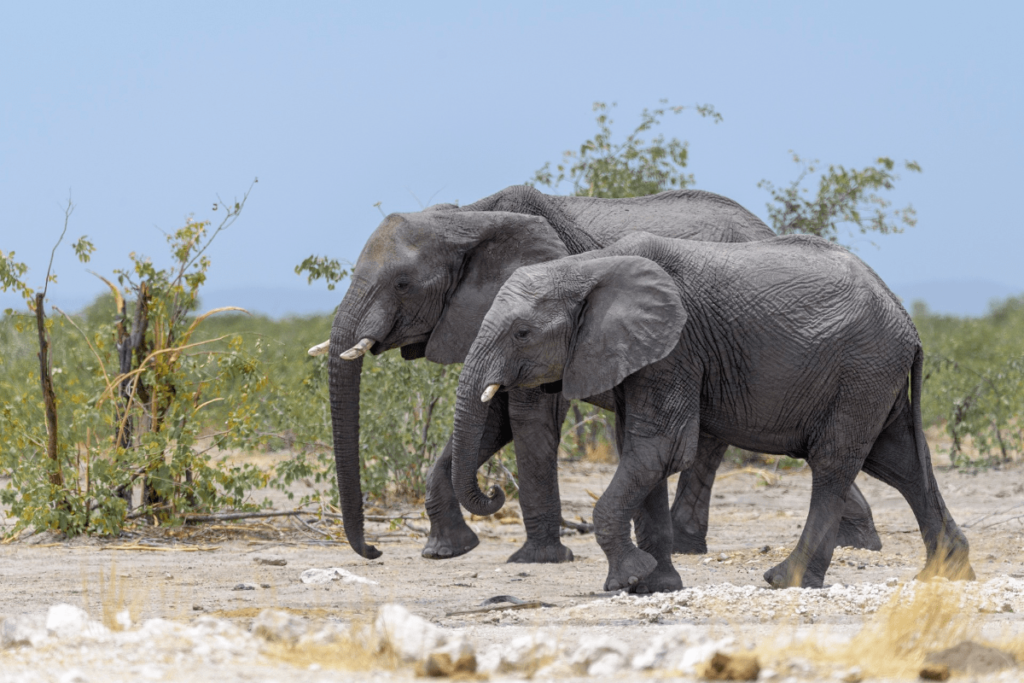
Conservation and Challenges
Impact of Habitat Loss on Elephant Memory
Human encroachment and habitat destruction are threatening the natural environments that elephants rely on for survival. As their migratory routes are disrupted by agriculture, urbanization, and deforestation, elephants are finding it more difficult to rely on their memory to navigate.
The destruction of landmarks like rivers, waterholes, and feeding grounds means that elephants can no longer use their stored knowledge to reach critical resources. Habitat fragmentation also forces elephants to adapt to new terrains, challenging their ability to use familiar routes that have been passed down through generations.
These changes impact not just their navigation abilities but also their social structures, as matriarchs struggle to teach younger generations the pathways essential for survival.
The Asian Elephant is one of the Most Endangered Species.
Efforts to Preserve Elephant Intelligence
Conservationists are actively working to protect elephant habitats, ensuring that these intelligent creatures can continue to use their memory for survival. By establishing protected migration corridors and restoring key ecosystems, these efforts aim to allow elephants to maintain their natural behaviors.
In places like Kenya and Tanzania, conservation programs focus on securing waterholes and preserving traditional migratory routes that have been used by elephants for centuries. Additionally, some initiatives involve tracking elephant movements to identify critical areas that need protection, ensuring elephants can continue to thrive.
Safeguarding their habitats is not only essential for their physical survival but also for preserving the vast knowledge stored in the memory of an elephant, which is vital for future generations.
With elephant brain and intelligence so closely tied to memory, these conservation efforts are critical in helping elephants navigate an increasingly fragmented world while keeping their remarkable cognitive abilities intact.
Check out International Elephant Foundation official website.
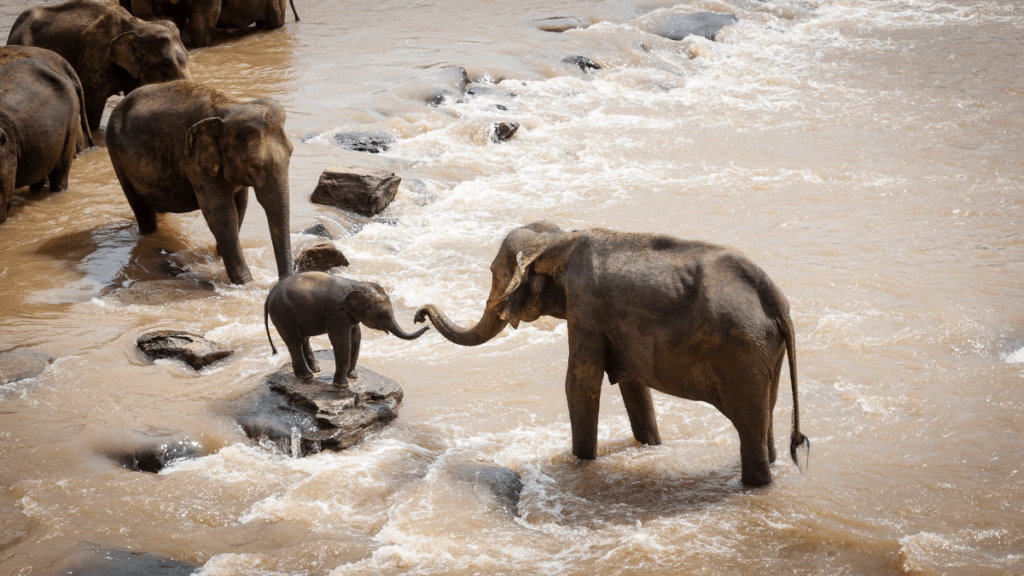
Frequently Asked Questions:
How big is an elephant brain?
An elephant’s brain is one of the largest in the animal kingdom, weighing between 4.5 to 5.5 kilograms (10-12 pounds). This substantial size supports their complex cognitive functions, including their impressive memory and problem-solving abilities.
Do elephants have peanut-sized brains?
No, elephants do not have peanut-sized brains. In fact, their brains are quite large compared to many other animals. The misconception may come from comparing brain sizes relative to body size, but in absolute terms, elephants have some of the largest brains of any land animal.
Do elephants have good memories?
Yes, elephants are renowned for their excellent memory. They can recall details such as migration routes, water sources, and individual social interactions over many years. This strong memory is crucial for their survival, helping them navigate long distances and maintain social bonds.
Do elephants have good memory?
Absolutely, elephants have remarkable memory. Their ability to remember crucial information, such as past experiences and relationships, is well-documented. Studies have shown that they can recall the locations of resources and the identities of other elephants even after long periods, highlighting their impressive cognitive capabilities.
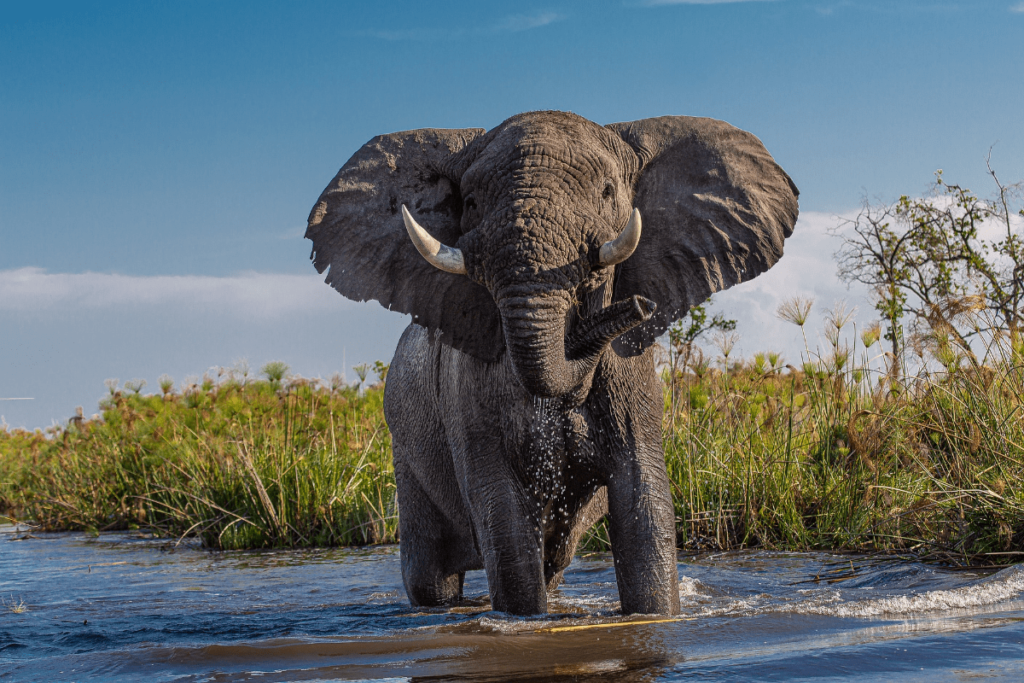
Conclusion
The remarkable memory of an elephant is a key element of their survival, allowing them to navigate vast landscapes, remember vital resources, and maintain complex social bonds. Coupled with their extraordinary intelligence, elephants are able to thrive in the wild by recalling migration routes, recognizing family members, and adapting to environmental changes.
Their elephant brain is intricately wired for long-term memory, making these gentle giants some of the most cognitively advanced animals on Earth. However, as human activities continue to disrupt their habitats, elephants face increasing challenges in using their memory and intelligence for survival.
To protect these magnificent creatures, it’s crucial that we support elephant conservation efforts. By preserving their natural habitats and ensuring safe migratory corridors, we can help elephants continue to rely on their memory for generations to come. Together, we can play a role in safeguarding their future.
Let’s act now to protect the lands they roam and the knowledge they pass down through their herds. Consider contributing to wildlife organizations, spreading awareness, or even supporting local conservation initiatives to ensure that elephants’ intelligence and memory continue to flourish.
Help us spread the word about the incredible intelligence and memory of elephants! If you found this article insightful, please leave a comment with your thoughts and share it with your friends and family. Your support helps raise awareness and drive conservation efforts to protect these majestic animals. Together, we can make a difference!


